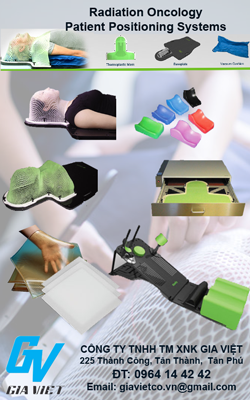Introduction:
Alcohol detachment is a condition that occurs when individuals suddenly stop or significantly lower their liquor intake after prolonged periods of heavy drinking. It is a complex and potentially deadly condition that impacts huge numbers of people global. This report is designed to provide a comprehensive breakdown of liquor detachment, including its signs, treatment plans, and management techniques.
The signs of Alcohol Withdrawal:
The onset and seriousness of alcoholic beverages detachment signs differ among individuals, dependent on aspects such as the quantity and period of alcohol consumption and ones own health. Common medical indications include tremors, anxiety, irritability, sickness, vomiting, insomnia, increased heart rate, and sweating. In serious situations, people may go through hallucinations, seizures, Rehab Chiang mai or delirium tremens (DTs), a potentially fatal condition described as agitation, confusion, hallucinations, and fluctuating levels of consciousness.
Treatment Options:
Whenever working with liquor withdrawal, it is vital to get medical guidance and help. The principal aim of treatment solutions are to properly handle withdrawal symptoms, prevent complications, and facilitate the transition to sobriety. Doctors can measure the extent of signs and determine the correct standard of treatment. In mild situations, outpatient therapy might administered, while worse cases may need hospitalization.
Medicines widely used in liquor withdrawal treatment consist of benzodiazepines, that really help reduce anxiety, relieve symptoms, preventing seizures. Various other medicines such antipsychotics, anticonvulsants, and beta-blockers might be useful to handle particular signs or co-occurring circumstances. Also, nutritional vitamins, specially thiamine (vitamin B1), are often recommended to prevent or treat possible inadequacies associated with exorbitant drinking.
Management Tips:
In addition to health treatments, numerous techniques can be used to manage alcoholic beverages withdrawal efficiently.
1. Supportive Care: Offering a supporting environment promotes a feeling of protection and convenience. This can include making sure correct nutrition, hydration, and remainder, in addition to keeping track of important indications and addressing any medical complications that’ll take place during detachment.
2. Psychotherapy: Searching for psychological state assistance, particularly counseling or psychotherapy, can play a crucial role in dealing with underlying psychological or mental issues that play a role in liquor dependency. These treatments assist people develop dealing techniques, manage triggers, and establish healthier choices to alcoholic beverages.
3. Rehabilitation Programs: participating in rehabilitation programs, such as for example inpatient or outpatient centers, provides a structured and supporting environment for folks looking for long-lasting data recovery. These programs usually incorporate health interventions, guidance, and peer assistance to address the real, psychological, and social areas of liquor addiction.
4. Follow-up Care: After finishing preliminary detoxification and therapy, individuals should continue to look for ongoing care. This might include playing support groups, attending regular treatment sessions, and receiving follow-up evaluations assuring appropriate real and psychological state.
 Conclusion:
Conclusion:
Alcohol detachment is a challenging problem that will require medical attention and comprehensive support. Comprehending the signs, treatment options, and administration strategies can significantly aid in helping people safely navigate the withdrawal process and attain long-lasting data recovery. By giving proper care and sources, we could improve the effects for everyone wanting to get over alcohol addiction.


